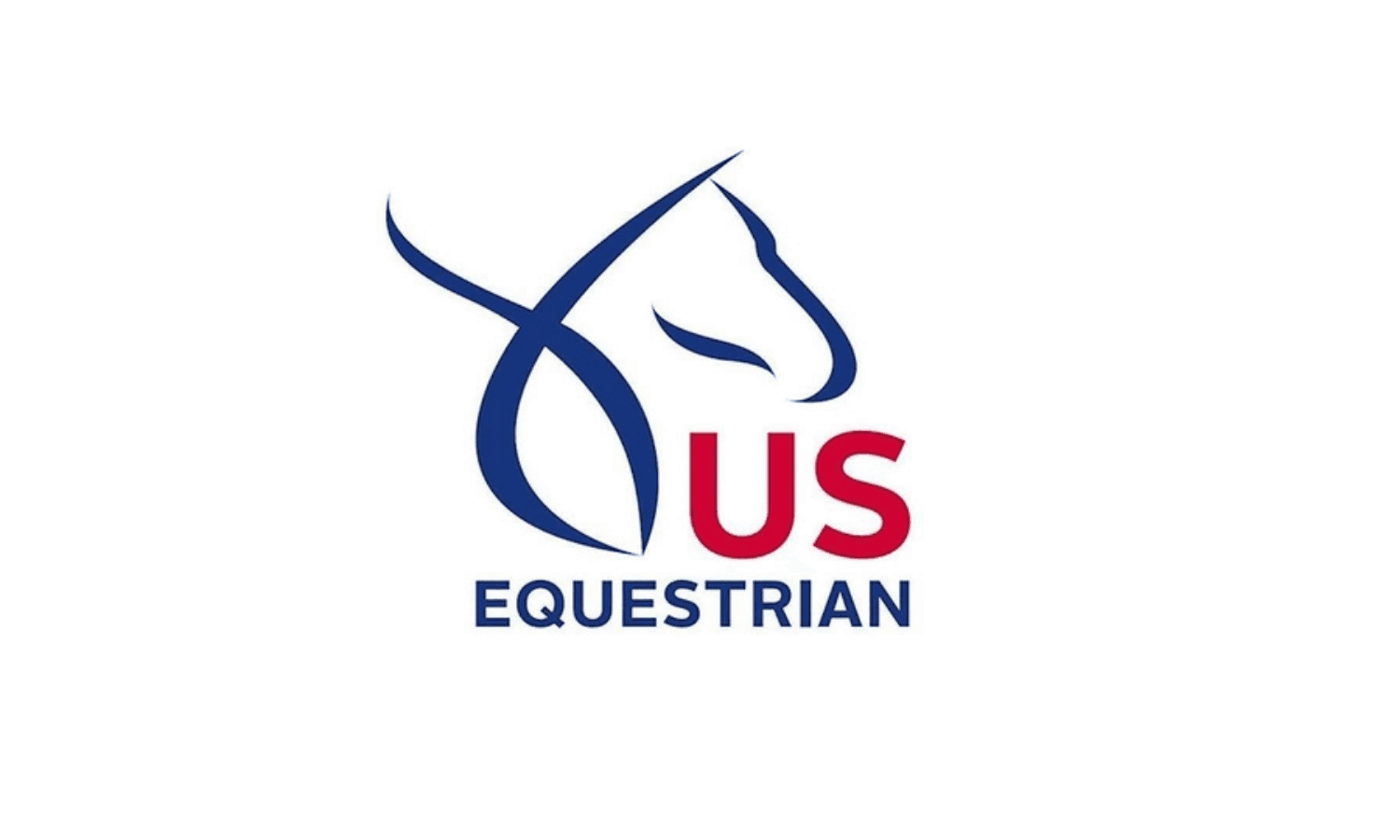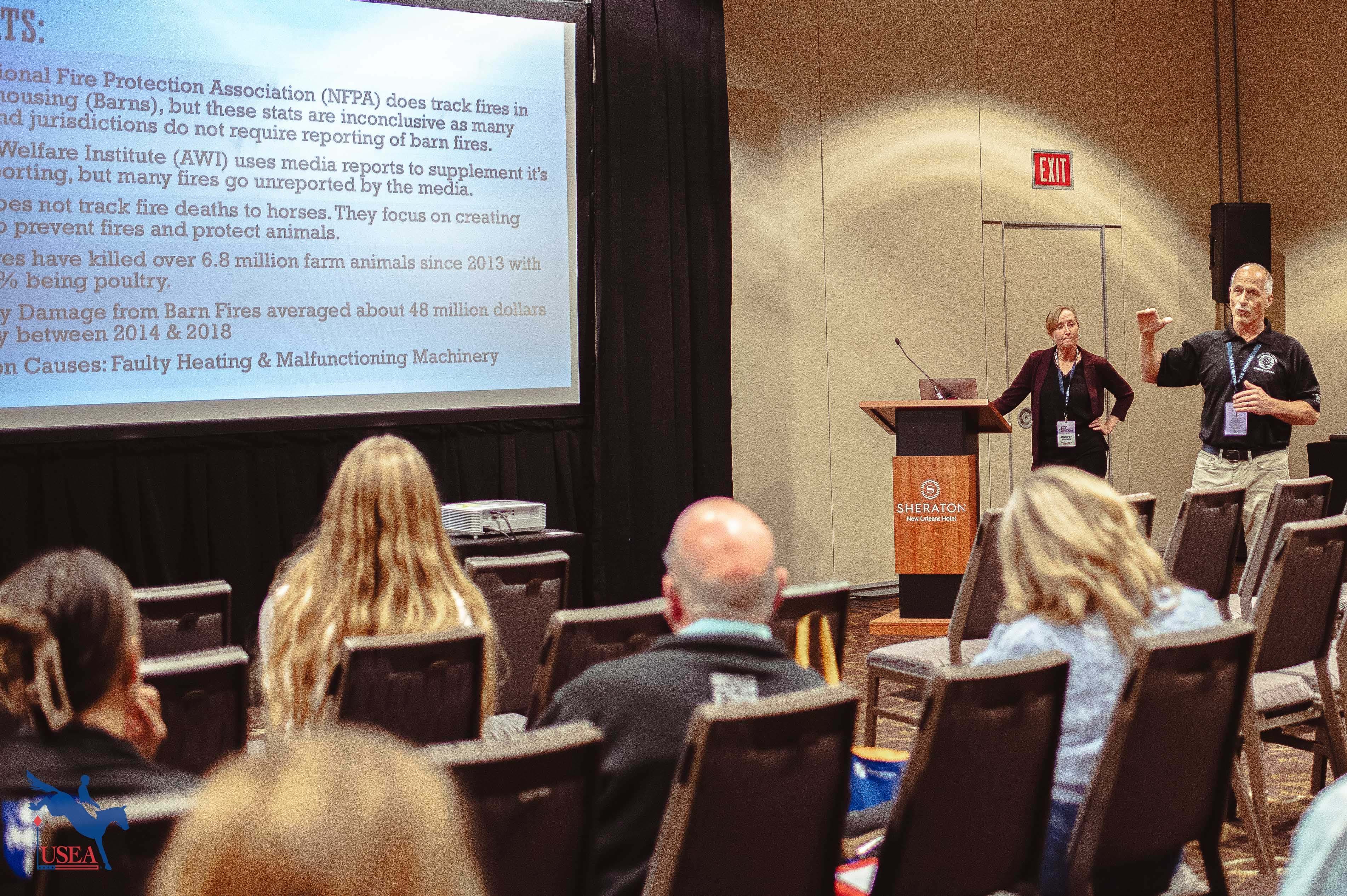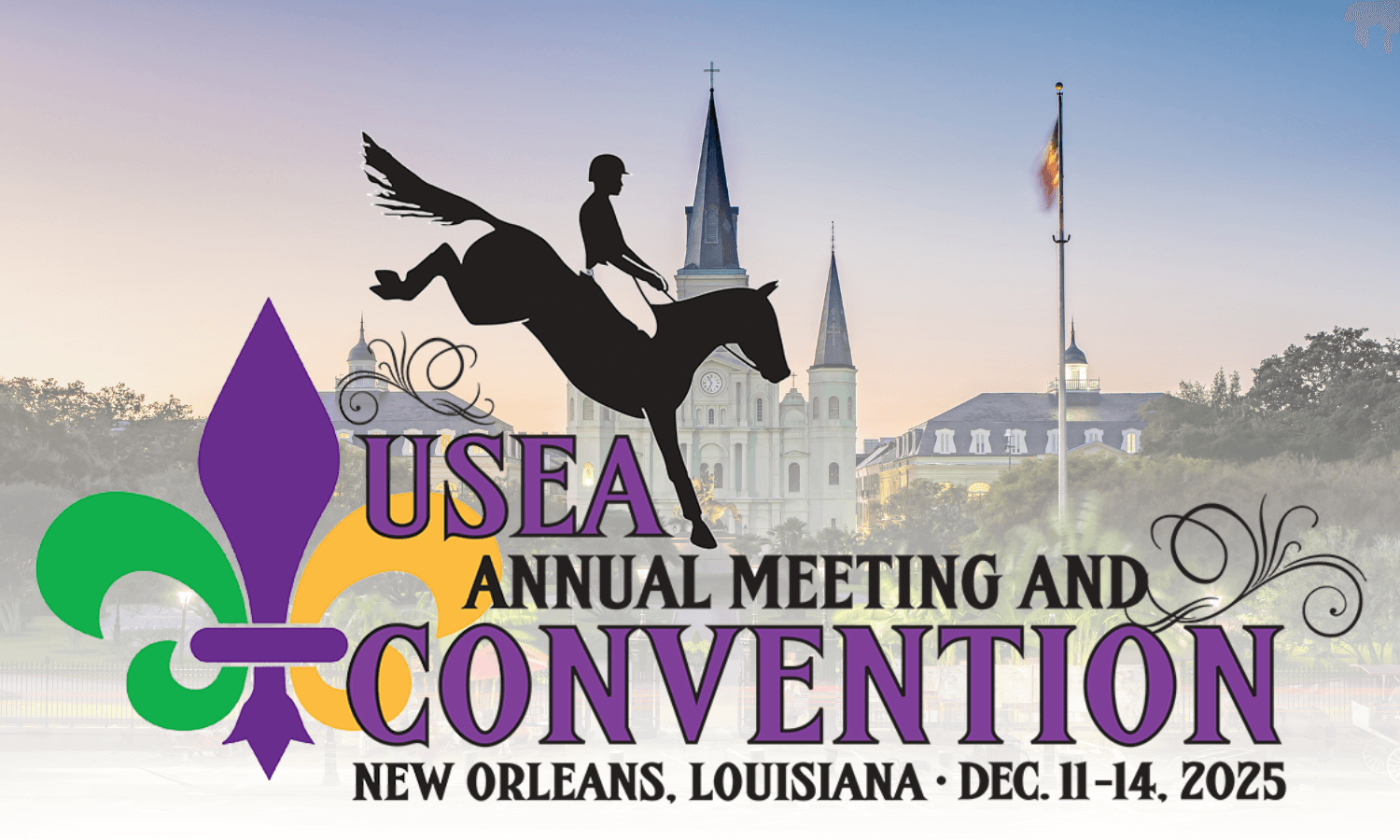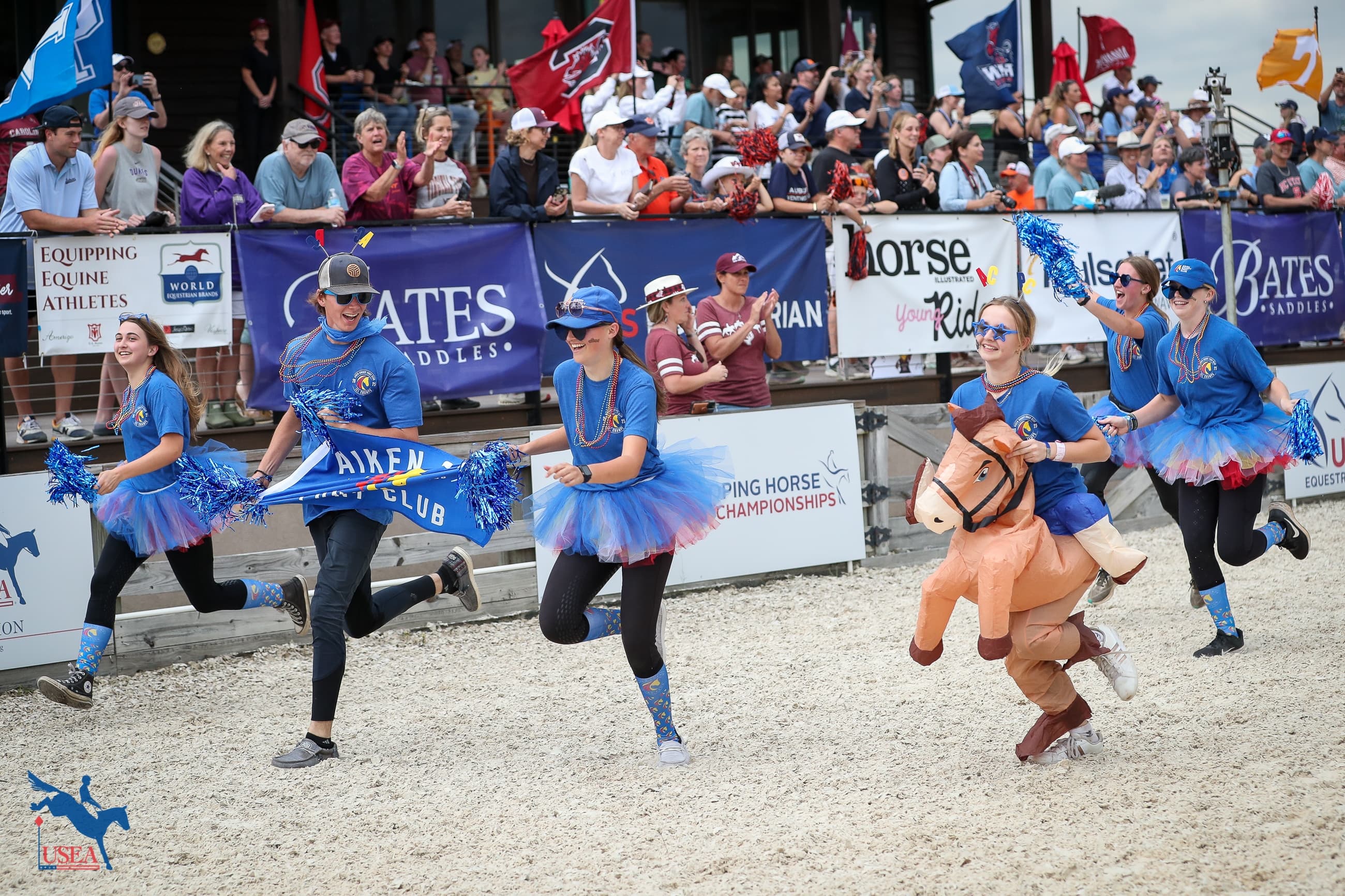Update on EHV-1 in California

USEF is working closely with competition organizers, the California Department of Food and Agriculture (CDFA) and participants to manage the EHV-1 situation in California. This morning the USEF are reminding all members of the biosecurity safeguards which are currently in place to protect horses. Later this afternoon, USEF will publish a full update on the current status based on the latest CDFA assessment of the situation. For ongoing updates, please refer to the California Department of Food and Agriculture and Equine Disease Communication Center websites.
Desert International Horse Park is not allowing new horses on site and an epidemiological investigation is ongoing to determine the links between cases and any further measures that can be taken to protect horses.
USEF would also like to remind all participants all competitions of the importance of following biosecurity requirements and best practices:
• | Avoid animal-to-animal contact |
• | Do not share equipment between horses. IF YOU MUST SHARE, scrub and clean equipment with detergent and dry completely between shared use. |
• | When filling water buckets, DO NOT dip the end of the hose in each bucket. Hold the hose above the water when filling. |
• | Wash/sanitize hands thoroughly before and after direct horse contact |
• | Limit human-horse contact |
• | Check and record temperatures twice daily |
• | Any suspicion of illness in horses, including a temperature over 101.5°F, should be immediately reported to the show office and veterinarian. |
• | Immediately isolate and/or quarantine any horse exhibiting symptoms of illness |
• | DO NOT travel to another competition for 14 days |
• | Because humans can be a means of disease transmission, avoid moving between barns unless absolutely necessary |
USEF has received reports of non-compliance with ordered quarantine and entry requirements at competitions. These reports are under investigation. Substantiated violations will result in penalties.
Comprehensive information on biosecurity protocols can be found here:
• | |
• |














